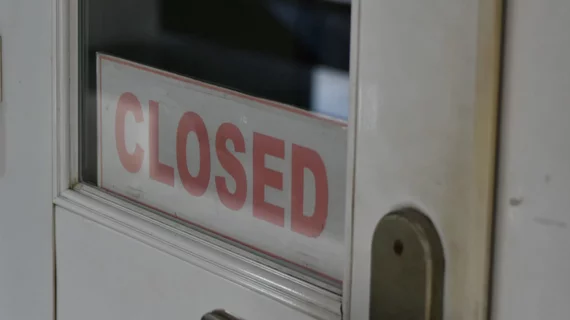Rural New Mexico hospital may close its doors after $100M malpractice judgment
One of the biggest malpractice judgments in New Mexico history could cause a rural hospital to close its doors. The Rehoboth McKinley Medical Center has been ordered to pay a bond of more than $100 million. While the hospital plans to appeal, it still needs to pay up for the case to move forward.
The hospital, according to its law firm, has negative net work of over $25.7 million. Further, the hospital leases the land on its own and does not own the property, leaving it without much collateral for a loan.
In January, jurors awarded a patient and his family more than $68 million in damages following a botched hernia surgery that left him with severe, life-altering complications. The lawsuit was first filed in 2019.
The $100 million judgment includes punitive damages and interest on the $68 million bond. When all is said and done, the hospital could owe more than $130 million, its lawyers said. Once a final judgment is issued, Rehoboth McKinley will have 60 days to come up with the money.
The hospital was given $12 million this year by the state to cover its costs, but the struggling hospital will need a lot more money if it continues operating. If it closes its doors, residents in Gallup, NM could be left without an emergency room and lose access to medical care.
For more, check out the full story from Source NM at the link below.

